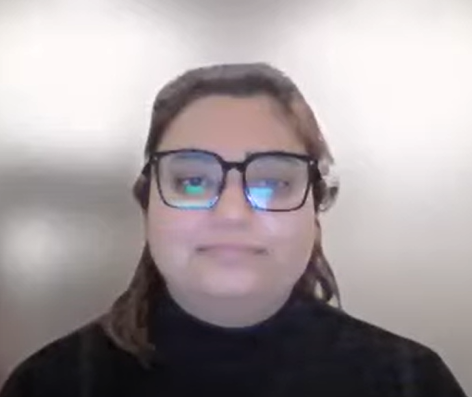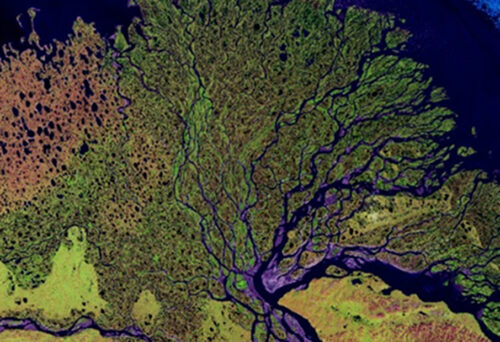
Farah Waseem is a medical intern and a climate activist based in Lahore, Pakistan. She started her journey in climate activism at a tender age of 11 with the World Wildlife Fund – Pakistan. In her lived experience, she talks about her first-hand experience as a medical intern treating patients who are affected by climate disasters and discusses the need for integration of planetary health in medical / health professionals’ curricula.
Story arranged and filmed by the Next Generation Youth Council.
Transcripts
View this video on YouTube for the full transcript and translations.
View on YouTube here: https://www.youtube.com/watch?v=b23eswBEUoQ
English
Hello everyone, my name is Farah Waseem and I’m an intern doctor from Lahore, Pakistan. Beyond my medical career, I also identify as a climate activist and an advocate for Youth Empowerment. My journey in climate activism actually began at the age of 11 when I started volunteering for WWF Pakistan and, now that I think about it, that journey really instilled in me a lifelong concern for the environment and its intricate connection to the human health. Later during medical school, I became deeply involved in Civil Society organizations and these platforms really helped me pursue my advocacy work on a much larger scale where I had the privilege of representing youth voices at high level forums such as the COP28 and the World Health assembly, where I was also the first youth delegate in the Pakistan delegation and overall,
I think these experiences really solidified my commitment to Bridging the Gap between the youth activism and the global Health policy framework.
Coming from Pakistan, Pakistan is one of the most vulnerable countries to climate disasters, and the floods of 2022, they were a prime example of this. Over 33 million people were displaced and even now the country is still struggling with the aftermath. There is spread of infectious diseases, communities are still struggling to rebuild, and countless lives have been turned upside down and even beyond that, just growing up in Lahore, I have firsthand witnessed the devastating impacts of pollution, the biodiversity loss, and the impact of climate change on human health. Just a few weeks ago, I was working in the ENT department during the peak smog season in Lahore and I saw an overwhelming number of patients with the upper respiratory tract infection. Many of them already had compromised lung infection which was because of co-, post COVID-19 fibrosis and that just made things worse because they required intensive care in the medical ward and government hospitals in Pakistan are already filled to the brim and this experience just made me realize, and I was just sort of like, I had to face this harsh reality that how our health care system and how we as Health Care Professionals are ill equipped to address the Health crisis that exacerbates by the environmental issues and this is a gap that we need to address urgently. So I think to inte-, to follow up with that, it is important to integrate Planetary Health into the medical curricula because it is the first step because now that I think about it, our current training as Healthcare professionals, it overlooks the systemic impact of climate change on human health and we need to empower the next generation of medical doctors with the knowledge and the tools so that they can address these challenges head on because this does involve the interdisciplinary approaches that connects the human health, the medicine, the environmental science, and the public health aspect all into one. To conclude my message,
I would just say that Planetary Health is not a niche concern, rather it is a foundational issue that affects every aspect of our life. Whether it is the air we breathe, the food that we eat, or even the system that sustains us, and we need global solidarity to address these challenges because it is all interconnected. So let’s prioritize Health in every climate conversation, policy, and action plan because together we can build resilience systems that can protect both the people and the planet, but for that we must act now as there is no time to wait.



